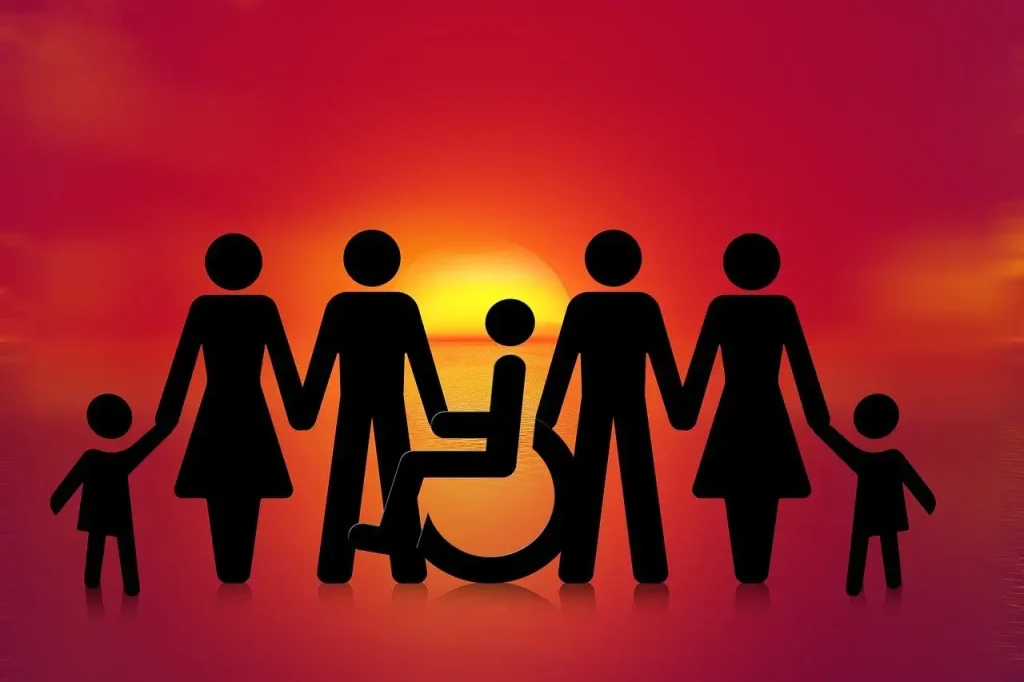The epidemic’s effect and last year’s earthquakes have shown all the shortcomings in the system to which we have been pointing for years, she said.
Problems such as a shortage of experts in medical, educational, and social care institutions, computer illiteracy, and poor availability of transport to rehabilitation centers are yet to show the effects on mental, physical, emotional, and social health, Slonjšak said.
She singled out the lack of continuity in the provision of medical services, saying it led to the health of many people deteriorating.
She said distance learning had a particularly negative effect on children with developmental difficulties.
Last year also saw a standstill in legislative changes regarding persons with disabilities, Slonjšak said, adding that it was necessary to adopt as soon as possible new laws on social care, personal assistants, and the inclusion supplement.
In 2020, Slonjšak’s office received 2,266 complaints, 94 more than the year before, and most were about work from home and social care. The office sent legal entities 420 recommendations and warnings, as well as moving 20 legal amendments.
MPs unanimously supported Slonjšak’s report, underlining the need to raise further awareness of the needs and rights of persons with disabilities.
For all you need to know about coronavirus specific to Croatia, including travel, border, and quarantine rules, as well as the locations of vaccination points and testing centers across the country, make sure to bookmark our dedicated COVID-19 section and select your preferred language.








